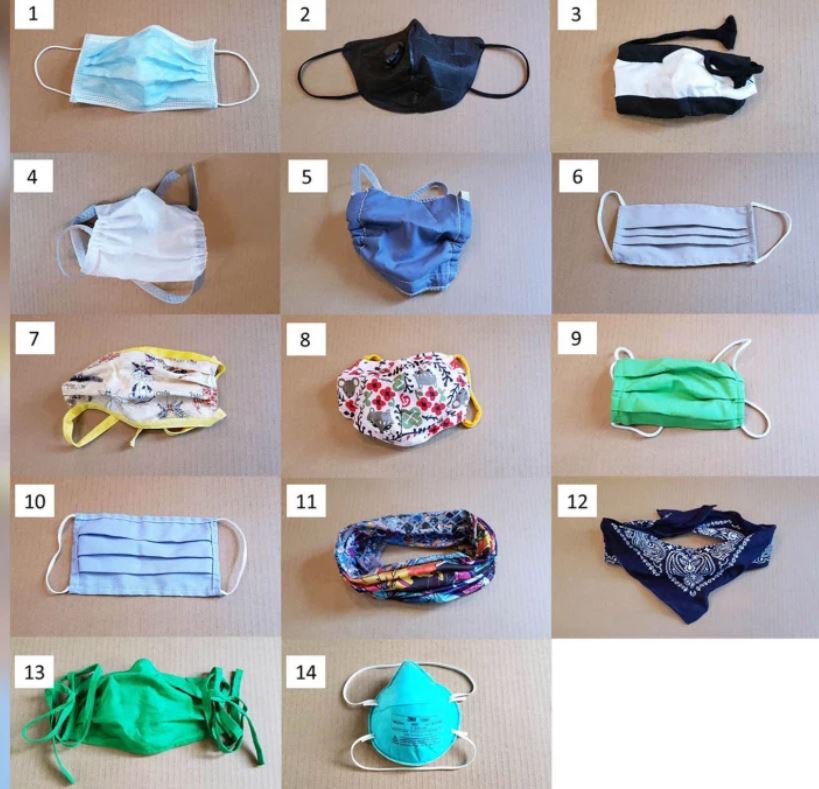Scientists test 14 masks, find one increases risk of infection
Updated | By Breakfast with Martin Bester
Which face covering works best? “Anything is better than nothing” does not hold true...

A new study has ranked 14 types of commonly available masks, finding that medical masks offer significantly more protection against droplet spread than cotton alternatives - while bandanas and balaclavas don't do much at all.
Researchers tested coverings ranging from the kind worn by healthcare professionals to neck fleeces and knitted masks.
The study compared the dispersal of droplets from someone's breath while they were wearing one of the coverings to the results of a control trial where their mouth was fully exposed.
Health experts have said that face coverings are a vital tool to reduce the spread of the coronavirus, However, not much research was done before about the different kinds of masks.
Masks are important because some people who are infected may not show symptoms but still unwittingly spread the virus when they cough, sneeze or just talk.
Professionally-fitted N95 masks - hospital-grade protection worn by frontline workers in hospitals -- reduced droplet transmission to less than 0.1 percent.
Surgical or polypropylene masks - bring droplet transmission down by 90 percent or more compared to no face-coverings.
Hand-made cotton face coverings - provides good coverage, eliminating 70 to 90 percent of the spray from normal speech, depending on the number of layers.
Bandanas - reduces the droplets by about 50 percent and neck fleeces increased the amount of spray, probably by dispersing the largest droplets into many smaller droplets.
N-95 masks with valves - designed for industrial settings where the user's exhalation was less important than what they inhaled - performed roughly on par with cotton masks in terms of the amount of spray transmitted.
Health authorities have discouraged the use of valved N-95s.
The study was published in the Science Academic Journal.

Show's Stories
-
SA shocked over R50,000 local designer dress
South Africans expressed their shock after discovering the R50,000 dress...
The Drive with Rob & Roz 2 days, 5 hours ago -
What is the difference between sell-by and use-by dates?
As the authorities discover more spaza shops illegally selling food item...
The Workzone with Alex Jay 2 days, 6 hours ago